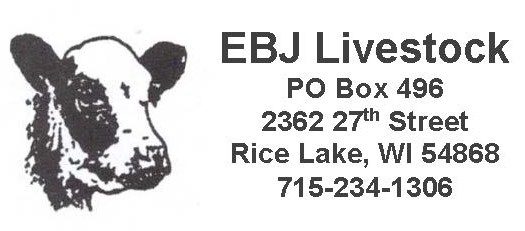It would be a shocking story, if it weren't all too common. With alarming frequency, more states in the West are seeing a burgeoning growth of abandoned and neglected horses.
Are these owners going to pay for euthananization? Not likely. They probably aren't going to keep them either. Which leads to the hot button issue of horse slaughter in the U.S., and the on-again, off-again endless cycle of whether we'll ever see horse abbatoirs again.
The odds aren't looking good. This week officials in New Mexico, one of the states that is applying for a horseslaughter facility license from the USDA, denied a permit to renew the Valley Meat Co. for wastewater discharges. Valley Meat is wanting to build a slaughter facility in Roswell. Last month the USDA gave the company initial green light to start the procedure, although it said the motion was only a formality since inspection funds for horse slaughter aren't even approved by Congress.
The debate grew larger the same day, as former New Mexico Gov. Bill Richardson said he'd do "whatever it takes to stop the return of horse slaughterhouses in this country, and in particular, my own state."
Joining him was the Sundance Kid/Electric Horseman himself, actor Robert Redford, who likewise pledged to fight slaughterhouse agenda, saying it "has no place in our culture."
"It is cruel, inhumane, and perpetuates abuse and neglect of these beloved animals."
New Mexico Gov. Susana Martinez and Attorney General Gary King also have expressed opposition to the facility. Meanwhile, Richardson and Redford are backing a nonprofit that will work with The Humane Society of the U.S. to block the Roswell facility.
A hearing for the facility will be held in New Mexico's federal court on Aug. 2.
But the critics of horse slaughter ignore the very real fact that horses are already being shipped to Canada and Mexico for slaughtering. A Government Accountability Office report said the 2006 ban on U.S. horse slaughter may have led to more inhumane treatment of equine, and more shipments out-of-country to more inhumane conditions.
Other groups say it's a wiser course for the U.S. to allow horse slaughter and regulate those facilities for safety and environmental impact. However, the taboo subject nature, and general opposition from the administration and much of the urban population, doesn't bode well for supporters of horse slaughter.
It means images like those we see of abandoned horses – despite the threat of prosecution – are likely to continue in the U.S. ![]()
Be sure to vote in our online poll about horse slaughter here.








